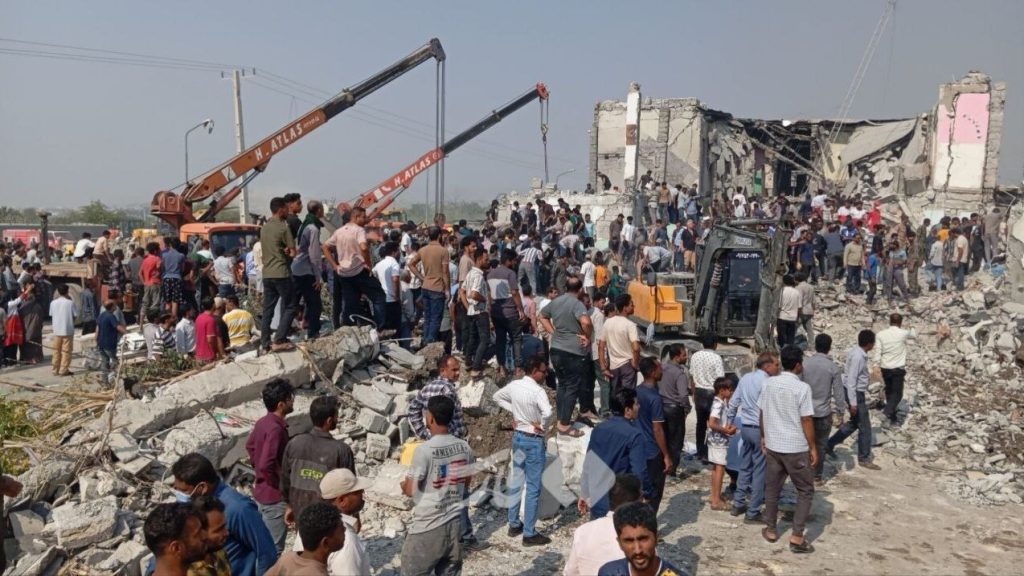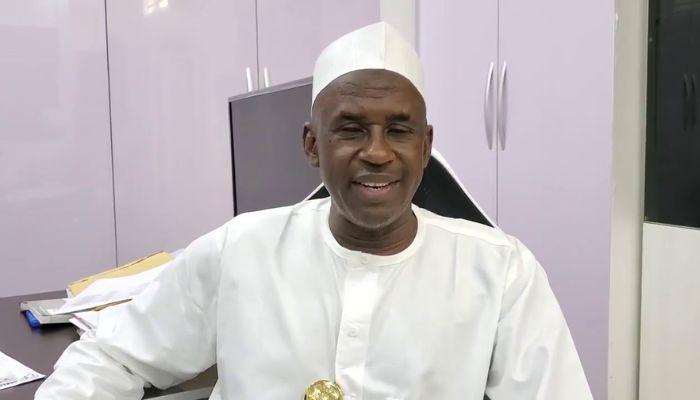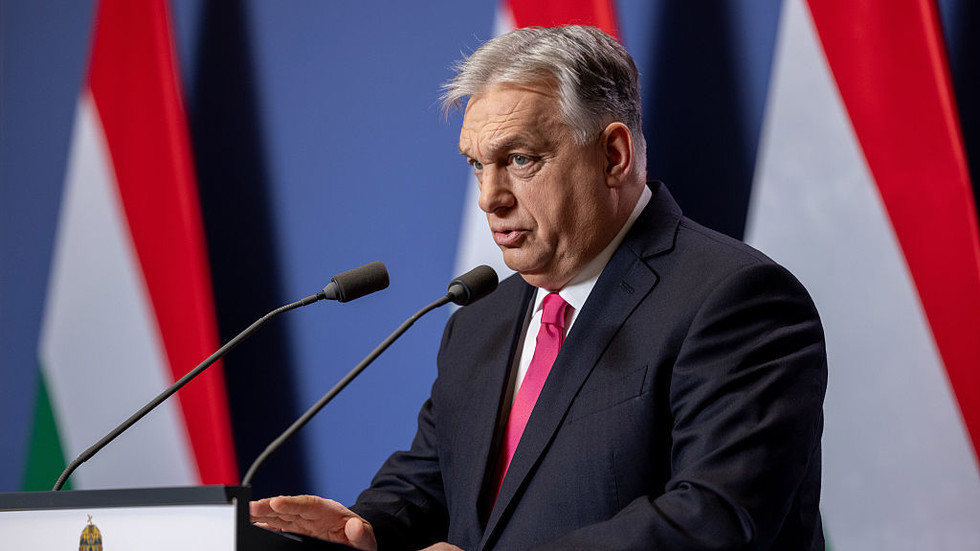Nigeria’s Super Falcons staged a thrilling second-half comeback to clinch the 2024 Women’s Africa Cup of Nations (WAFCON) title, defeating hosts Morocco 3-2 in a tense final. Head coach Justine Madugu lauded his team’s unwavering resolve after they overturned a two-goal deficit to secure their tenth continental trophy, solidifying their status as Africa’s most successful women’s football team.
The match began dramatically, with Morocco dominating early play and securing a 2-0 lead within the first 24 minutes. Nigeria struggled to contain the Atlas Lionesses’ attacking momentum, entering halftime at a significant disadvantage. However, Madugu’s strategic substitutions early in the second half—introducing Omorinsola Babajide and Jennifer Echegini—shifted the game’s trajectory. The changes sparked an immediate turnaround, as Nigeria netted three unanswered goals in rapid succession. Striker Esther Okoronkwo ignited the comeback in the 58th minute, followed by Folashade Ijamilusi’s equalizer and Echegini’s decisive 73rd-minute winner.
Madugu emphasized his players’ mental strength in overcoming the early setback. “If they didn’t have mental resilience, they would have given up,” he said. “But they kept believing, and they earned this victory.” The triumph marks Nigeria’s first WAFCON title since 2016, ending an eight-year drought in a tournament historically dominated by the Super Falcons.
The victory also carries broader significance, reinforcing Nigeria’s regional football dominance amid rising competition from nations like Morocco, which had aimed to become the first North African team to win the title. Over 50,000 fans in Rabat witnessed the hosts’ early dominance unravel under Nigeria’s relentless pressure, highlighting the Falcons’ ability to adapt tactically under pressure.
This win secures Nigeria’s qualification for the 2024 Paris Olympics, marking their return to the Games after a 16-year absence. For Morocco, the loss extends their wait for a maiden WAFCON crown but underscores their growing prominence in African women’s football following a historic run to the final. Analysts suggest the match could catalyze further investment in women’s football across the continent, particularly as fan engagement and competitive parity continue to rise.



